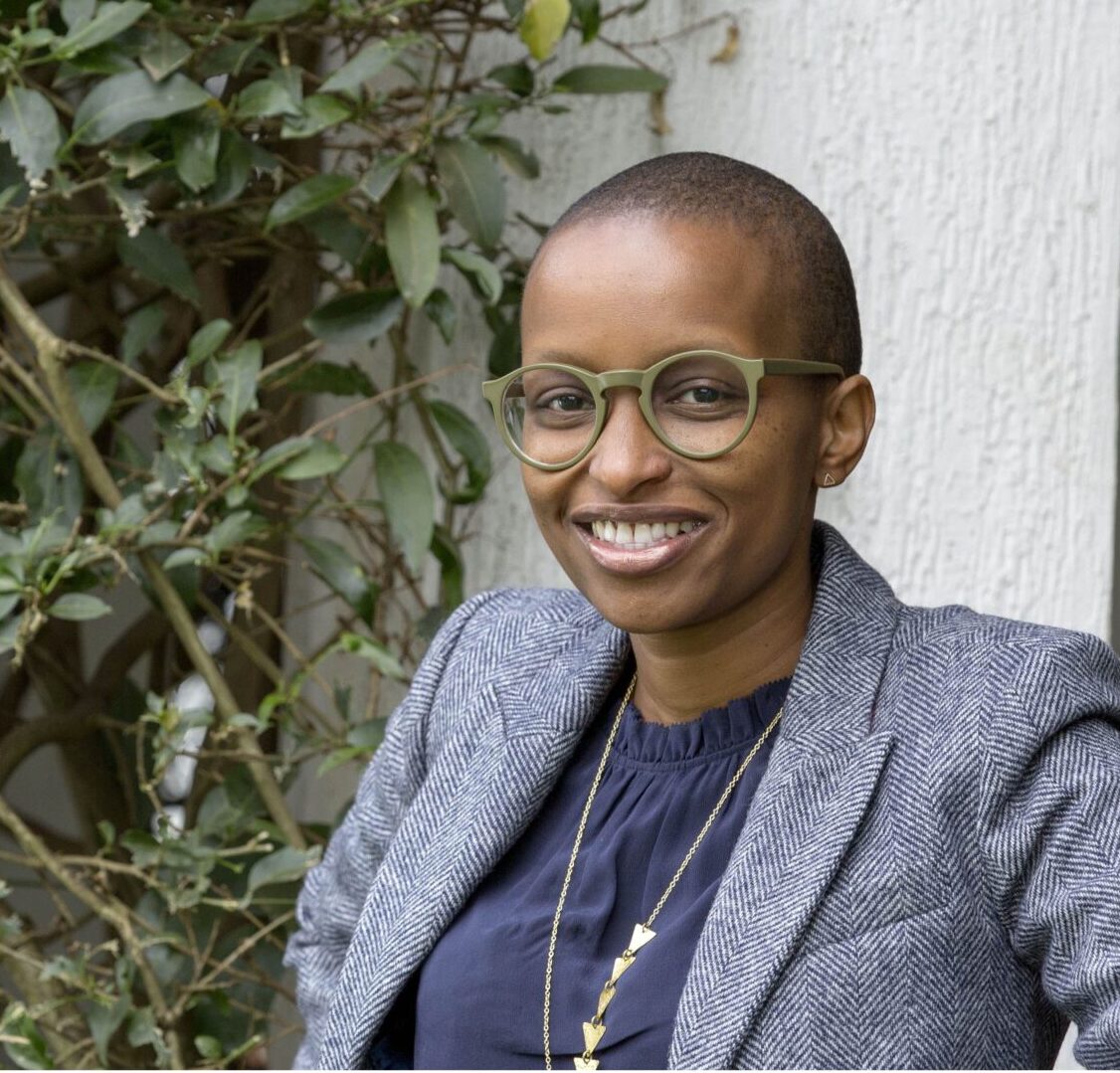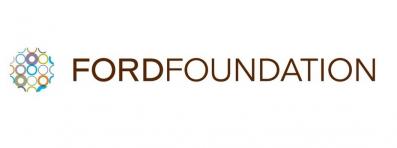Wambui Wamae Kamiru Collymore
Visual Artist
May - July 2024

- Social Sciences and Humanities
- Visual Arts
- Boston
- Washington, DC
“As an African woman today, a large part of my identity, cultural knowledge and inherited material wisdom is held behind walls by people who see these objects merely, as items of antiquity – no longer of utility.”
A few years ago, I asked my grandmother, where she had kept the traditional jewelry that she wore as a child and young adult before Kenya’s independence from the British. She told me that as a newly converted Christian, she had taken the jewelry off and given it to the White priest in her parish. This was a sign that she had taken on the way of Jesus and left behind her traditional Kikuyu practices and culture.
When I was studying for my Masters in African Studies at the University of Oxford, I remember visiting the Pitt Rivers Museum and for the first time, seeing traditional jewelry often worn by Kikuyu women. Before this visit, I had only seen these items in black and white photographs in anthropological articles. It was a seminal moment in my thinking of how those objects came to be static museum items, encased in glass, far from the people who had once made and worn the jewelry.
As an African woman today, a large part of my identity, cultural knowledge and inherited material wisdom is held behind walls by people who see these objects merely, as items of antiquity – no longer of utility. In these institutionalized settings, the link between them and contemporary African art is misunderstood. The items stand frozen in time as opposed to conversing with the urgency of the here and now.
Wambui Kamiru Collymore is a visual artist who mainly creates installations. She currently works on themes of decoloniality, womanhood, memory and history and more recently, online dis-identity. Wambui’s work incorporates everyday objects and the use of at least three senses of perception. Her work has been exhibited in Kenya, South Africa, Poland, Germany and Denmark. She currently lives and works in Nairobi, Kenya.
I would like to develop work that looks at the cultural objects with the intention of generating new knowledge around the items. First using oral histories from the people who know what the items are, secondly from the descriptions of the items as they stand in these collections and lastly from my perspective as an African artist based in Africa and navigating a world that is based on knowledge systems from ancient civilisations of the Western world.
As joint keepers and creators of knowledge, I would like to look at the language in which these museum objects would speak, first in the hands of the museum and secondly in the hands of those from whose ancestors they were fashioned. These items represent ways of living, healing, learning and being. What are Roman, Greek, Chinese knowledge systems without African knowledge systems? How can we sustain our current perspective of the world whole, without the knowledge that these items give us access to?
The initial goal of this research is to realize these artifacts in some way as a form of contemporary art, most likely in my primary mode of expression – installation art.
I will be seeking access to collections of Kenyan artifacts in the US, beginning with the Peabody Collection at Harvard University in Boston. Possible institutions for collaboration include the Museum of African Art at the Smithsonian in Washington DC and the Detroit Institute of Arts, in Detroit.
I will also be looking to visit privately held collections of Kikuyu artifacts. With calls for repatriation increasing, I would be interested in shared ownership of the items. Additionally, because of my ongoing interest in PanAfricanism, I would like to explore ways in which the items can further articulate African Americaness. I would like to look at how their transportation across the seas has influenced their utility and purpose in much the same way that Black bodies were transported across the same seas and repurposed as objects.
In the US, I would like to interact with museum curators, historians, artists and keepers of oral history who have encountered similar items. In Kenya, I would like to interact with historians and people for whom these items still hold value and utility.
In partnership with

Ford Foundation
The Ford Foundation is an independent organization working to address inequality and build a future grounded in justice. For more than 85 years, it has supported visionaries on the frontlines of social change worldwide, guided by its mission to strengthen democratic values, reduce poverty and injustice, promote international cooperation, and advance human achievement. Today, with an endowment of $16 billion, the foundation has headquarters in New York and 10 regional offices across Africa, Asia, Latin America, and the Middle East.

